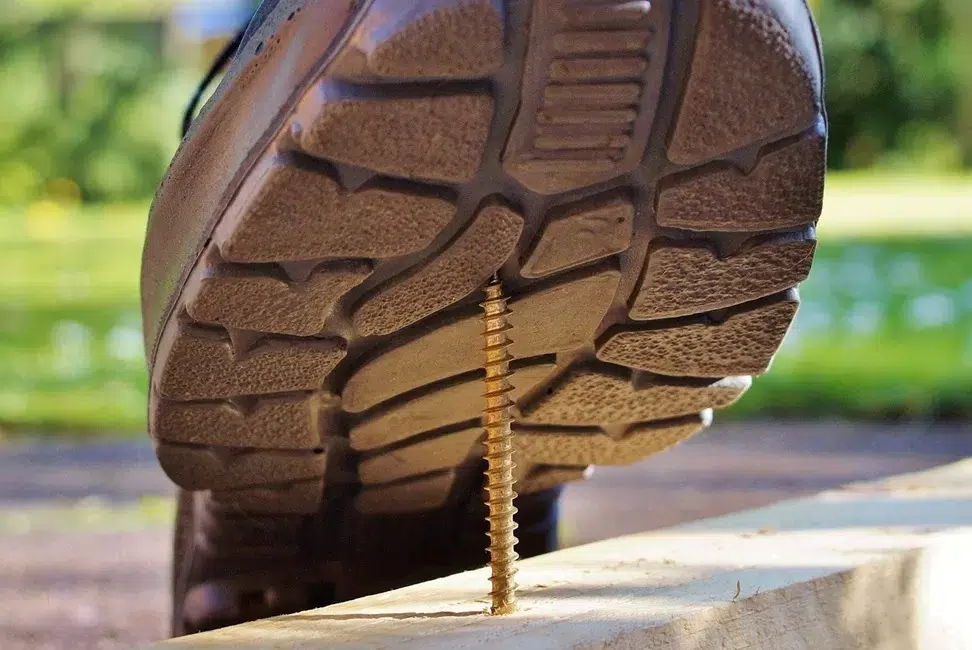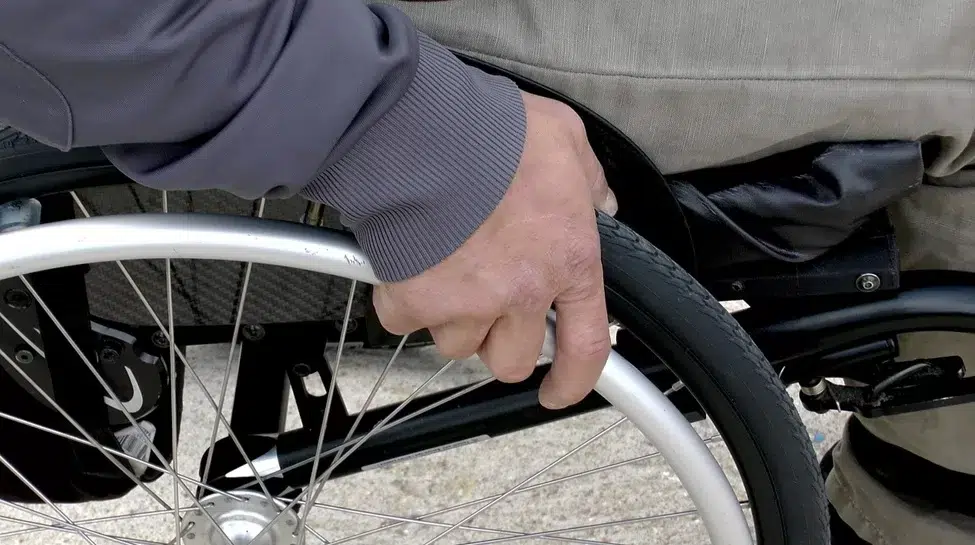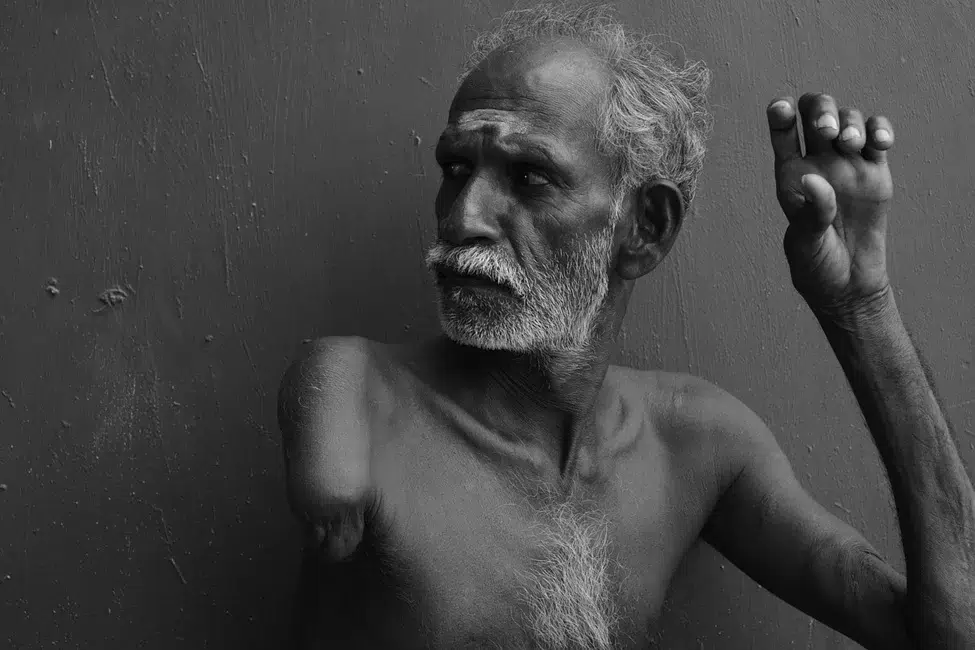Health
The Powerful Impact of a Physical Injury on Mental Health

The use of soft skills in nursing is an often underappreciated skill. The appropriate bedside manner can make all the difference in a patient’s recovery. Imagine being in a hospital recovering from major, traumatic, invasive surgery and your nurse treats you similarly to how they might treat a wart. Unfortunately, there are many in the nursing sphere who behave this way, acting haughty and critical of patients. However, the nurses that live up to the reputation of their occupation and treat patients with kindness, respect, and empathy, are doing the truest work of a nurse.
It is far too often forgotten that just as the mind has power over the body, so too does the body have the ability to change the course of the mind. Physical injuries may be most obvious on the surface, but to ignore the debilitating mental effects of an injury is damaging and prevents a patient from receiving the full spectrum of care they need. Today, we’re going to delve into the all too often overlooked mental effects of sustaining physical injury.

Your Pain is All in Your Brain
Let us establish one quick fact right away – just because everyone’s pain is “all in their head,” it does not mean that it is any less valid, or real. Pain is an all-too-real experience, and is the result of a complex neurological warning system designed to prevent further damage. You know how when you cut yourself while chopping food the area hurts? That is your body alerting you to injury so that you can take steps to stop it from becoming infected and assist your body in recovery. When you exercise too hard at the gym and your muscles hurt, that is your body telling you to rest so that you can recover as further exercise may result in more intense damage. Pain is designed to help us recognize when we need rest or recuperation.
With that being said; what is pain? We can imagine the body as a huge biological computer. Our body is the casing, our arms, legs, heads, eyes, all the different parts that are designed to handle different forms of input and output, our memories are the programs that help the body perform certain tasks, and the brain is the CPU, the chip that controls everything.
Our biological computers are all interconnected, although instead of wires, our body has the nervous system, the structure responsible for allowing us to control our actions, and to receive information to be interpreted by the brain through the senses. Let’s imagine that our eyes are the graphics card of a computer, the part that generates visual information on your screen. If something gets in the eyes, we may feel pain or discomfort, the same way that if a graphics card was damaged you would see visual feedback on your screen.
When a part of us becomes injured, pain receptors in the brain interpret the resulting signals from the nervous system as pain, allowing us to become aware of and care for our injury. The brain can even automatically start “troubleshooting” our injury, sending increased blood to the area so platelets can form clots and scabs, and white blood cells can fight potential infections. The brain may also release endorphins to decrease the severity of the pain experienced, helping the injured party remain calm.

Life After Physical Injury
There are two types of pain, acute and chronic. Acute pain is the pain you experience in the moment, like a cut or a graze that will eventually heal and pass. Chronic pain is often the result of illness, disease, or injury, and can be disabling both physically and mentally.
Particularly traumatic physical injuries can lead to a range of difficulties. Amputees commonly experience phantom pain, a condition where the person feels pain in a part of their body that is no longer there. Although this is often socially understood as an acute pain following the amputation, the truth is that it can often become a chronic condition, that is experienced in varying severities from amputee to amputee.
Serious physical injuries can cause PTSD, and people whose traumatic injury results in permanent disability can often experience severe depression and anxiety symptoms linked to their lowered quality of life.
The research is unanimous on the issue, that life after traumatic physical injury is difficult, not just due to the lessened quality of life, but because of the ill effects on the patient’s mental health that often come with it. The inability to care for yourself, a lack of autonomy, dependence on others, and the social stigma that comes with being disabled, all intensify the difficulties faced by the injured person. Fortunately, our understanding of mental illness and the importance of caring for the mental health of those who have been severely physically injured is growing, but we still have a long way to go.























































